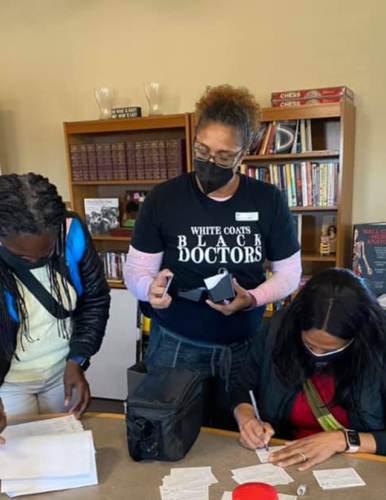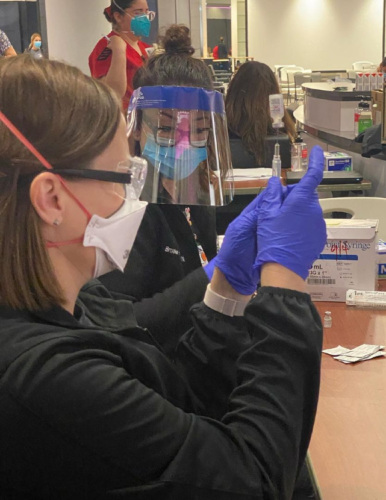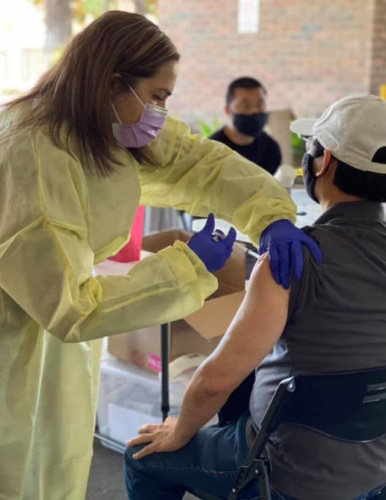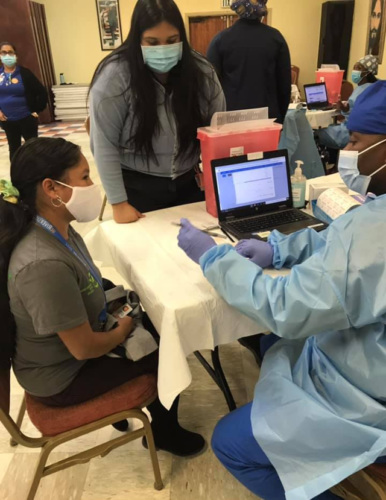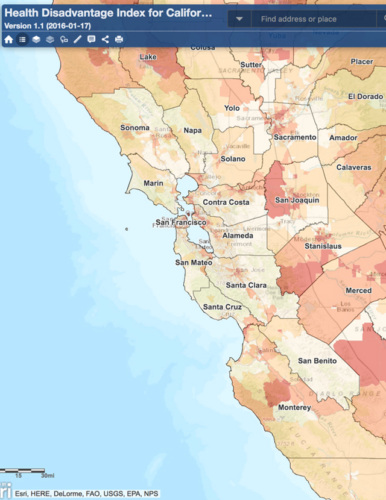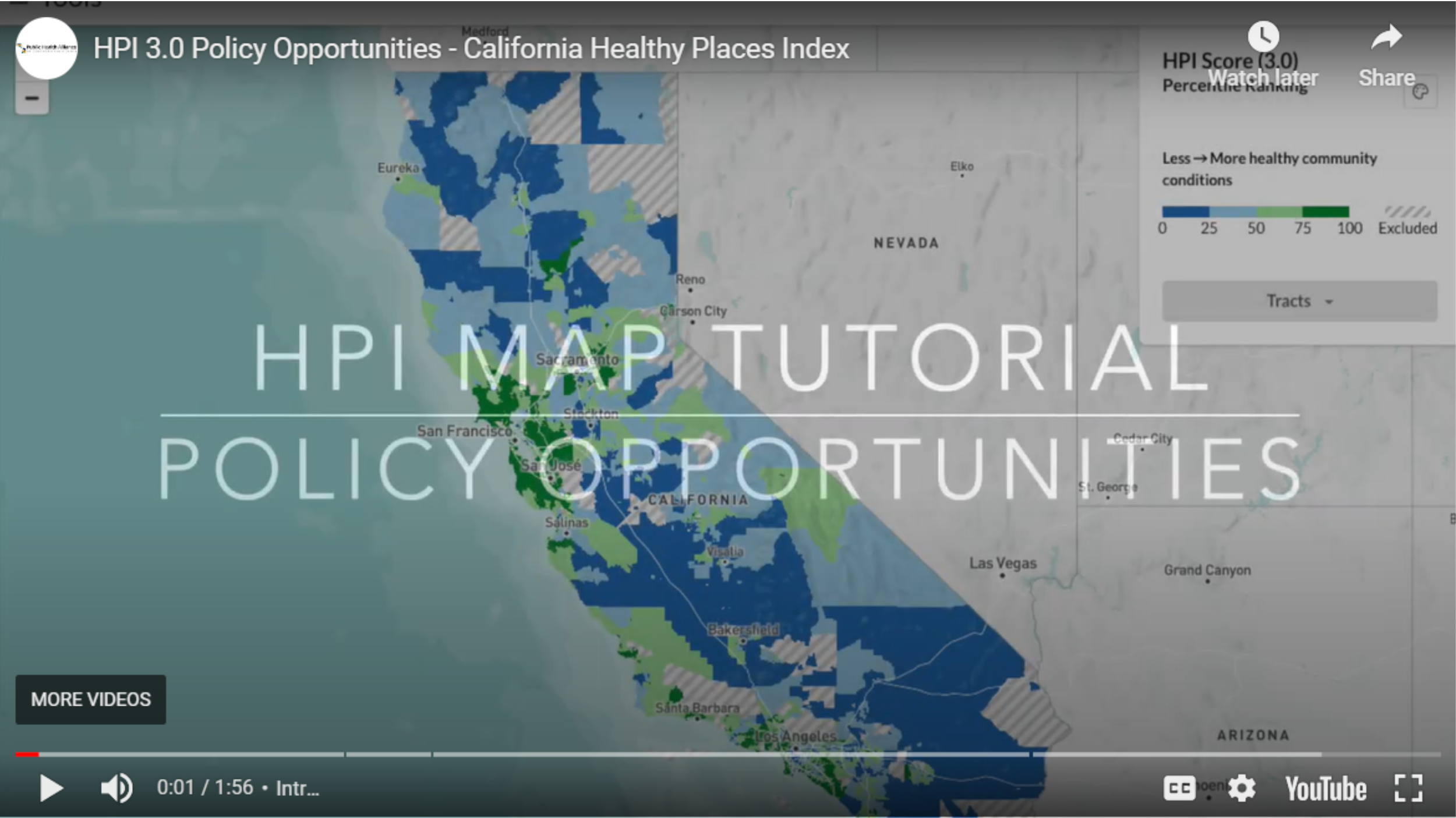
Healthy Places Index (HPI)

The Healthy Places Index (HPI) is a powerful data, mapping and policy platform developed by PHI’s Public Health Alliance of Southern California. HPI is designed to identify opportunities to improve neighborhood health and help guide investments, programs, and policy changes to where they will have the strongest impact on life expectancy. The HPI provides overall scores, detailed data, and recommended actions on specific areas that shape health, like housing, transportation, education, and more.
In 2022, HPI 3.0 was launched and features updated data and tools to compare data across geographies and time periods, examine the link between race and place, find communities that meet certain conditions, access over 375 decision-support layers, review policy recommendations tailored to the needs of the community, display historic redlining data, and filter by race, ethnicity, and country of origin. To date, California’s HPI has guided over $4.2 billion in equitable investments, and has been used by diverse sectors across the state to impact investments, and policy and programmatic developments to improve health equity.
-
Focus Areas
Capacity Building & Leadership, Data, Technology & Innovation, Environmental Health, Healthy Communities -
Issues
Climate Change, Population Health, Technology & Telehealth, Wildfires & Extreme Heat -
Expertise
Research – Surveillance -
Strategic Initiatives
COVID-19, Vaccine Access & Equity
Our Impact
See all Healthy Places Index (HPI) Impacts
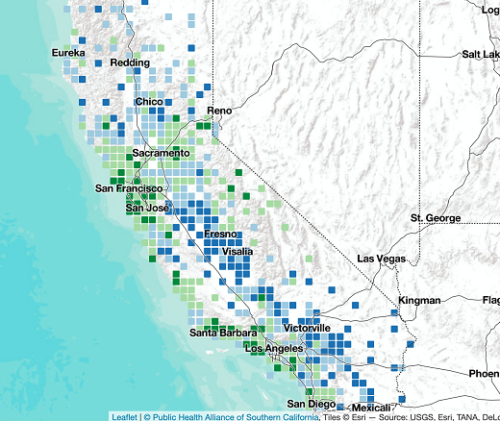
- $4.2B in funding guided to communities most in need
- 800/day vaccines directed to communities most disproportionately impacted by COVID
- $272M in federal COVID funding prioritized to the most disproportionately impacted communities
Projects
Active Projects
- California Healthy Places Index (HPI)
-
Neighborhood-by-neighborhood, the California HPI maps data on social conditions that drive health—like education, job opportunities, and clean air and water. Originally launched in 2018, the HPI has become a go-to data tool for hundreds of state and local government agencies, foundations, advocacy groups, hospitals and other organizations that want to apply a health equity lens to their work. In April 2022, the third update was released during National Public Health Week.
- COVID-19: California Healthy Places Index Resource Map
-
The COVID-19 HPI Resource Map on the California Healthy Places Index (HPI) platform supports local response efforts and inform equitable resource allocation, program planning and service delivery. See the tool.
- California Healthy Places Index (HPI): Heat Edition
-
The California Healthy Places Index (HPI): Heat Edition helps communities prepare for rising temperatures—visualizing where and who will be most affected in the coming decades. It was developed through a joint partnership between the UCLA Luskin Center for Innovation and PHI's Public Health Alliance of Southern California. See the tool.
- Utah Healthy Places Index
-
The Public Health Institute’s Public Health Alliance of Southern California program and Utah Department of Health and Human Services to launch a Utah Healthy Places Index (HPI) tool that utilizes a powerful and easy-to-use data and policy platform, capturing information at the neighborhood level on social conditions that affect health. The data tool also uses an equity approach and informs what neighborhoods should be prioritized for investments, resources, and programs that support community well-being. The tool can provide practical information for a variety of users, like public health professionals, local, regional and state agencies, planners, transportation agencies and nonprofit organizations/health advocates.
Work With Us
You change the world. We do the rest. Explore fiscal sponsorship at PHI.
Support Us
Together, we can accelerate our response to public health’s most critical issues.
Find Employment
Begin your career at the Public Health Institute.
